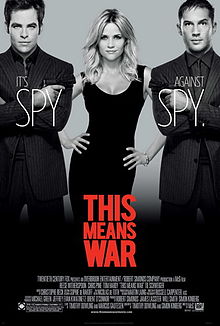


Out of this social condition and its relations war arises, and by it war is subjected to conditions, is controlled and modified. If the wars of civilised people are less cruel and destructive than those of savages, the difference arises from the social condition both of states in themselves and in their relations to each other. This is the way in which the matter must be viewed and it is to no purpose, and even acting against one's own interest, to turn away from the consideration of the real nature of the affair, because the coarseness of its elements excites repugnance. By such means the former dictates the law to the latter, and both proceed to extremities, to which the only limitations are those imposed by the amount of counteracting force on each side.

As the use of physical power to the utmost extent by no means excludes the co-operation of the intelligence, it follows that he who uses force unsparingly, without reference to the quantity of bloodshed, must obtain a superiority if his adversary does not act likewise. However plausible this may appear, still it is an error which must be extirpated for in such dangerous things as war, the errors which proceed from a spirit of benevolence are just the worst. Now, philanthropists may easily imagine there is a skilful method of disarming and overcoming an enemy without causing great bloodshed, and that this is the proper tendency of the art of War.

It takes the place of the final object, and puts it aside in a manner as something not properly belonging to war. In order to attain this object fully, the enemy must be disarmed and this is, correctly speaking, the real aim of hostilities in theory. Violence, that is to say physical force (for there is no moral force without the conception of states and law), is therefore the means the compulsory submission of the enemy to our will is the ultimate object. Self-imposed restrictions, almost imperceptible and hardly worth mentioning, termed usages of International Law, accompany it without essentially impairing its power. Violence arms itself with the inventions of Art and Science in order to contend against violence. War therefore is an act of violence to compel our opponent to fulfil our will. Each strives by physical force to compel the other to submit to his will: his first object is to throw his adversary, and thus to render him incapable of further resistance. If we would conceive as a unit the countless number of duels which make up a war, we shall do so best by supposing to ourselves two wrestlers. War is nothing but a duel on an extensive scale. We shall keep to the element of the thing itself, to a duel. We shall not enter into any of the abstruse definitions of war used by publicists.


 0 kommentar(er)
0 kommentar(er)
